Nanny and Governess Job Description for the USA (2025)
Introduction
A nanny (or governess, when focused on educational duties) is a private childcare professional responsible for the well-being and development of children in a household. In the USA, a nanny’s role goes beyond basic babysitting – it encompasses nurturing growth, ensuring safety, and often managing the day-to-day aspects of the children’s schedules.
Governesses are typically nannies with specialized educational roles, often engaged when children are of school age and require tutoring or homeschooling support. This job description outlines the key duties, skills, and traits of a nanny/governess, with a primary focus on the US (and notes on UK differences).
Key Responsibilities
A nanny’s daily responsibilities can vary depending on the children’s ages and the family’s needs, but generally include:
Childcare & Supervision
Providing attentive care for infants, toddlers, and children – feeding, bathing, dressing, diapering, and ensuring a safe environment at all times. This includes supervising playtime and being vigilant about safety (both at home and during outings).
Educational Activities
Planning and engaging in age-appropriate activities that promote development – reading books, arts and crafts, educational games, and helping with homework or remote learning. A governess, in particular, may tutor children in academic subjects, teach languages, or instill proper etiquette and social skills.
Daily Routine Management
Managing children’s schedules and routines, such as school drop-offs and pickups, nap times, meals, and extracurricular activities. This often involves coordinating playdates, doctor’s appointments, and any classes or tutoring sessions.
Meal Preparation & Nursery Duties
Preparing healthy meals and snacks for the children, and handling light housekeeping related to the kids. This can include tidying up play areas and children’s bedrooms, doing children’s laundry, changing bed linens, and keeping toys and supplies organized. (Full housekeeping is usually handled by separate staff, but a nanny ensures the children’s spaces remain clean and orderly.)
Communication with Parents
Providing regular updates to the parents about each child’s day, developmental milestones, and any concerns. A professional nanny maintains a daily log or summary for the parents and discusses any behavioral or health issues promptly.
Travel and Overnight Care
Many nannies are asked to travel with the family during vacations or provide overnight care when parents are away. Being flexible for occasional evening babysitting or extended hours is often part of the job, especially in a full-time live-in nanny position.
In all these tasks, a great nanny or governess creates a loving, nurturing environment that supports the children’s emotional and physical well-being.
Required Skills and Qualifications
Working as a nanny/governess in a private household requires a mix of childcare expertise, practical skills, and sometimes formal qualifications:
Childcare Knowledge
A strong understanding of child development stages and age-appropriate practices. Many high-end nanny positions prefer candidates with formal training or certifications (such as Early Childhood Education, Montessori training, or a teaching degree for governess roles). Infant CPR and First Aid certification are considered essential for safety.
Organizational Skills
Ability to manage multiple schedules and activities seamlessly. A nanny often balances school timetables, meal times, nap schedules, and playdates, requiring excellent time management and planning skills.
Communication Skills
Clear and professional communication is key – both with children (using positive language and instructions) and with adults in the household. Nannies should be able to update parents regularly and work collaboratively with them. For governesses, strong teaching or tutoring skills and the ability to explain concepts in an age-appropriate way are important.
Adaptability and Multitasking
In a busy household, plans can change quickly. A top nanny remains calm and flexible – whether it’s adjusting the day’s activities due to a missed nap or stepping in to help with an unexpected errand. Multitasking (like preparing dinner while supervising homework) is often needed.
Additional Skills
Many families value nannies who bring extra talents, such as bilingual language skills, musical or athletic abilities to share with the children, or special needs experience if relevant. A valid driver’s license (and a clean driving record) is usually required in the US, as nannies often drive children to school or activities.
Personal Traits
Beyond formal skills, certain personality traits define an excellent nanny or governess:
Nurturing and Patient
Children thrive under care that is loving, patient, and empathetic. A good nanny genuinely enjoys spending time with kids, showing warmth and understanding even during toddler tantrums or teenage moods. Patience is critical – from teaching a new skill repeatedly to handling bedtime routines calmly.
High Reliability and Trustworthiness
Families trust nannies with their home and precious children. Being punctual, responsible, and consistent in enforcing household rules shows reliability. Discretion is also key; professional nannies maintain family privacy and handle confidential matters with care.
Energetic and Creative
Keeping up with active children requires energy and enthusiasm. Creative nannies find fun, engaging ways to keep children learning and entertained – whether it’s inventing a rainy-day game or turning a walk in the park into a mini science lesson.
Organized and Detail-Oriented
From remembering a child’s food allergies to packing the diaper bag with all essentials, detail-oriented nannies ensure nothing falls through the cracks. They also tend to the “little things” that make a big difference.
Calm Under Pressure
In emergencies or high-stress moments, a nanny must remain calm and make sound decisions. Whether it’s handling a minor injury or navigating a travel delay with kids in tow, being level-headed and solution-focused is a valuable trait.
Work Arrangements (Live-in vs Live-out)
In the US, nannies may be live-in (residing with the family) or live-out (commuting to work daily). Each arrangement has its specifics:
Live-in Nanny
Typically has designated living quarters in the family home. Live-in nannies often have slightly expanded hours, such as being on call for certain evenings or weekends. They may handle the morning routine through bedtime. In return, room and board are provided (sometimes along with use of a car or other benefits).
Live-out Nanny
Works on a set schedule (e.g., 8 AM to 6 PM, Monday through Friday) and goes home at the end of the day. Live-out nannies maintain clear boundaries between work and personal life, but may still be asked to occasionally adjust hours for late evenings or overnight stays if agreed upon.
Both arrangements carry the core duties outlined above; the choice often depends on family needs and the candidate’s preference.
USA vs UK: Role and Terminology
While the core responsibilities of a nanny or governess are similar in the USA and the UK, there are a few differences in terminology and expectations worth noting:
Terminology
In the UK, the term “nanny” is also common, but historically roles like governess were more prevalent among high society for children’s education. Today, British families might use “nanny” for general childcare (often distinguished as daily nanny or live-in nanny), and “governess” for a tutor-focused role (especially for school-aged children or when hiring someone with a teaching background).
In the US, “governess” is less commonly used; families who want an academic-focused caregiver might advertise for an educational nanny or private tutor, but some high-net-worth households do use “Governess” to denote a high-level nanny with teaching duties.
Training and Background
The UK has renowned nanny training institutions (like Norland College, producing “Norland Nannies”) known for their rigorous childcare education. Having such credentials can be a particular advantage in the UK market.
In the US, there isn’t an exact equivalent marquee institution, but a degree in Early Childhood Education or certification from the US Nanny Association can be attractive.
Live-in Expectations
UK nanny positions are often live-in (especially for rural estates or London families with nanny quarters), and it’s common for UK job listings to quote salaries in net weekly pay (after taxes) for live-in roles.
US nannies more frequently work live-out in cities, but live-in roles are also common for families who travel or have irregular hours.
Governess Niche
In the UK (and across Europe), governesses might be hired to teach second languages (e.g., an English governess in a non-English-speaking country or vice versa). In the US, multilingual nannies are in demand too, but they’re usually still referred to as nannies.
The essence of the role – fostering children’s growth, education, and well-being – remains consistent across the US and UK, with cultural nuances in approach.
Conclusion
Working as a nanny or governess is a rewarding career for those passionate about childcare and education. It offers the chance to deeply influence children’s lives and become an indispensable part of a family’s household.
Professional nannies in the US are in high demand, and those with the right mix of experience, skills, and nurturing personality can find fulfilling opportunities with excellent benefits.
If you’re aspiring to be a nanny or governess in a private household, ensure your resume highlights relevant experience (such as childcare roles or teaching roles), certifications, and any special skills that set you apart.
Ready to take the next step in your nanny career? Register as a Candidate with our agency to get connected with families seeking qualified nannies.




